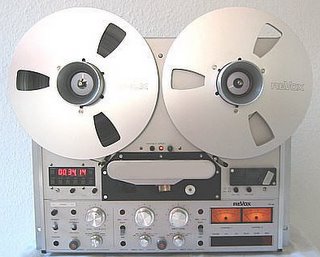 The Supreme Court has never addressed the kind of case involved in the domestic spying scandal -- whether electronic eavesdropping on people in the US as ordered by President Bush violates the Fourth Amendment.
The Supreme Court has never addressed the kind of case involved in the domestic spying scandal -- whether electronic eavesdropping on people in the US as ordered by President Bush violates the Fourth Amendment.The Supreme Court did extend Fourth Amendment protections to electronic spying in 1967 in Katz v. United States.
And in 1972, the Court ruled that a judge's permission was required for domestic spying.
But in each case, the court avoided talking about cases of national security and domestic spying in the US.
NPR has a good timeline of how the Fourth Amendment has changed as technology changes and how Congress and the Courts tried to keep up.(NYT)
No comments:
Post a Comment